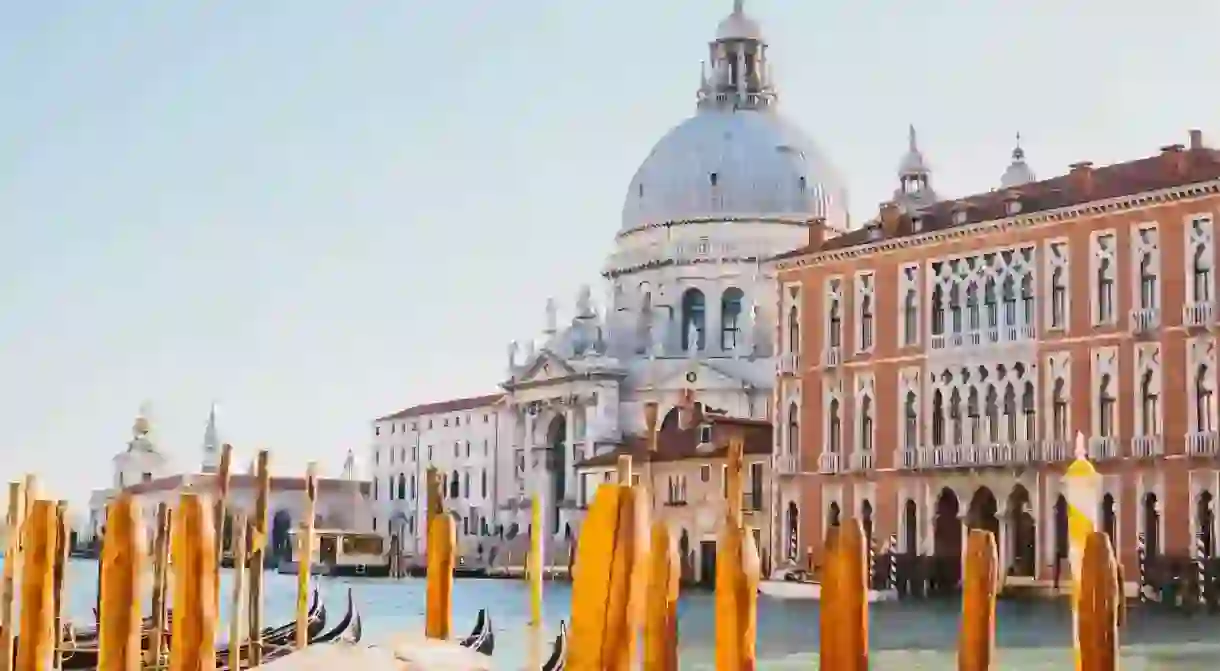The Top 10 Things To Do And See In San Marco

San Marco is the oldest and most famous quarter of Venice. In the north, it is confined by Canale Grande; in the east it borders with the Castello and Cannaregio quarters and it is linked to San Polo via the famous Rialto Bridge. As Venice’s most touristy quarter, San Marco is home to some of Italy‘s major sights.
Visit St. Mark's Basilica
Church, Architectural Landmark

Opening hours: Mon-Sat 9.45am-5pm, Sun 2pm-5pm
Climb the Campanile di San Marco
Architectural Landmark

Opening hours: Mon-Sun 9.45am-7pm
Have a coffee at Caffé Florian
Opening hours: Sun-Sat 9am-12am
Walk over the Bridge of Sighs
Bridge, Architectural Landmark

Go shopping at designer stores
Bridge, Shop
Palazzo Ducale
Architectural Landmark

Opening hours: Mon-Sun 8.30am-7pm
See Acqua Alta
Giardinetti Reali
Go on a gondola tour
No trip to Venice can be complete without a tour on the famous gondolas. Gondolas are a type of light flat-bottomed boats that are especially designed to deal with the shallow waters and mud flats of canals. Dating back as far as the 11th century, gondolas were once the main form of transportation through the canals of the city. Today, they are generally used as sightseeing vessels for tourists who want to admire the city from a different point of view. The Istituzione per la Conservazione della Gondola e Tutela del Gondoliere website features detailed information about the history of gondolas and also includes recommended itineraries.


Sit next to the Canale Grande
The Canale Grande is about 3,800 meters long and constitutes the city’s most important waterway. Since the Middle Ages, the Canale Grande has been the center of the city’s trade and therefore evolved into one of the most upscale parts of town. Magnificent buildings and major sights line up along both sides of the canal. There are also four bridges that cross the Canale Grande on its way to St. Mark’s Square, which form the best viewing platforms of the river.
















